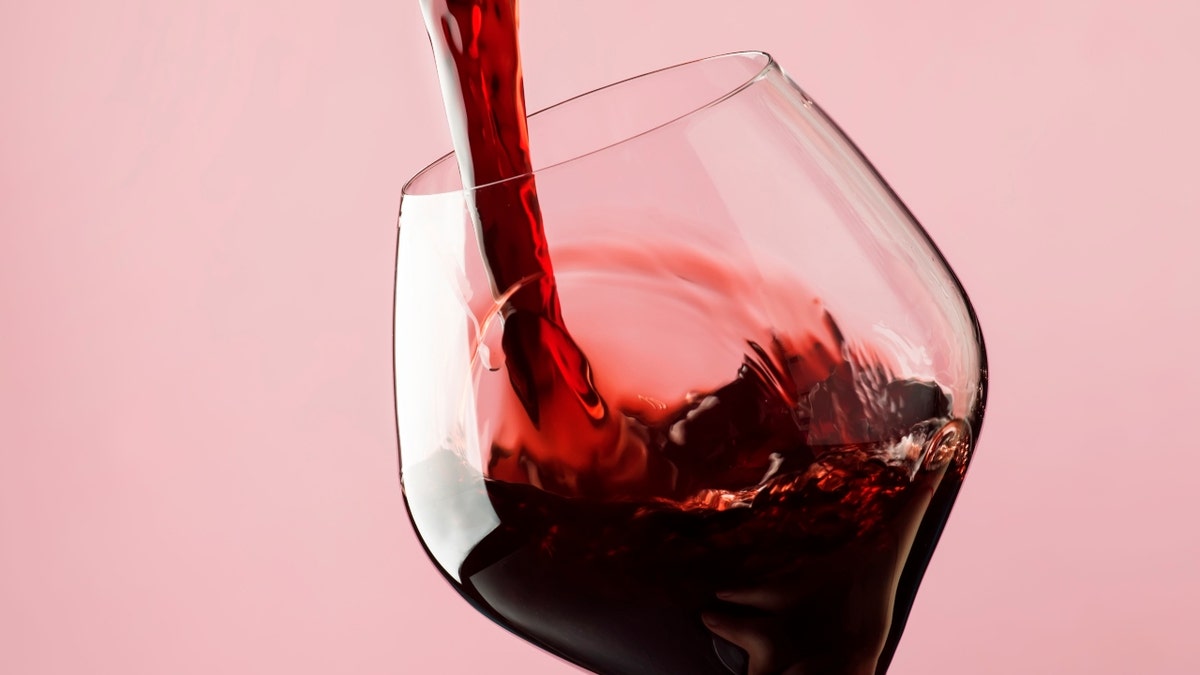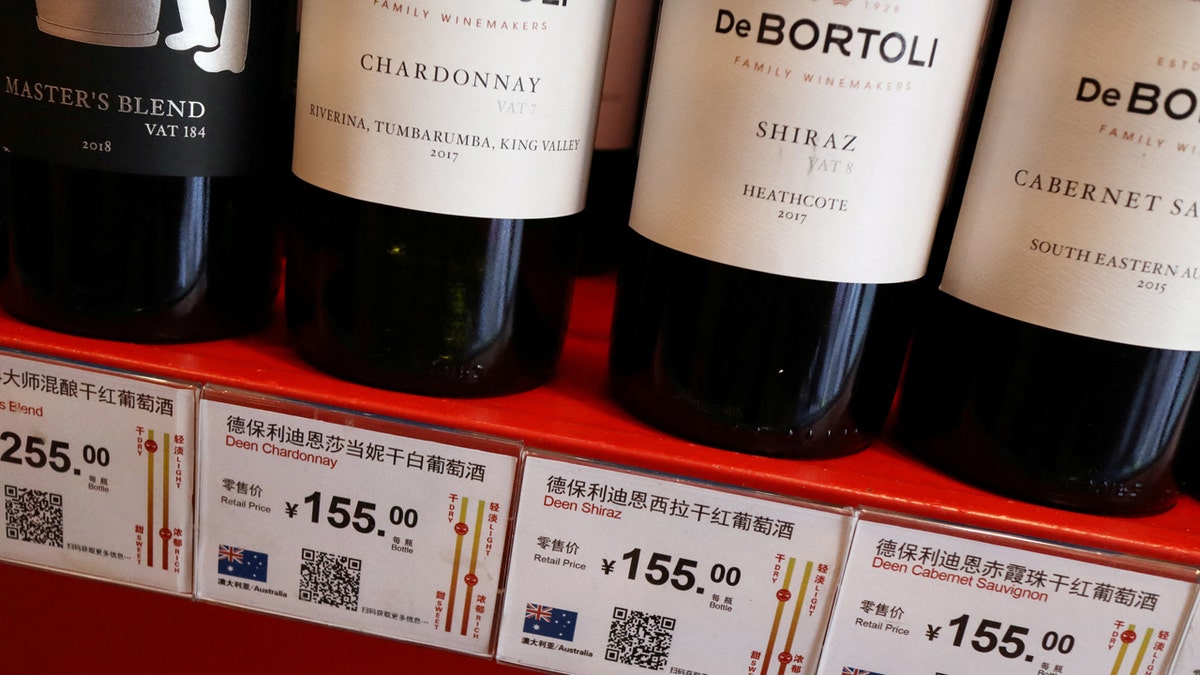A major gaming release replaces actors with Artificial Intelligence
The world of gaming is being rocked by an AI controversy that could upend the multi-billion dollar industry.
Researchers have created an artificial intelligence tool that is capable of tracing wines back to their origins, using a chemical analysis that can warn consumers of potential fraudsters.
"There’s a lot of wine fraud around with people making up some crap in their garage, printing off labels, and selling it for thousands of dollars," University of Geneva Professor Alexandre Pouget, one of the researchers behind the project, said, according to a report in the Guardian. "We show for the first time that we have enough sensitivity with our chemical techniques to tell the difference."
Fake wines are a widespread problem, the report noted, with fraudsters typically whipping up a batch as close to a well-known brand as possible and slapping a fake label on the bottle.
Using machine learning, the AI can pick up on differences in concentrations and compounds and trace the wine back all the way to the estate it was made. That use of AI is an exciting application of the technology's current abilities, according to Christopher Alexander, Pioneer Development Group's chief analytics officer.
ROBOT CHEMIST COULD CREATE OXYGEN NEEDED FOR COLONIZING MARS: STUDY

Artificial intelligence can help consumers avoid buying fake wines. (iStock)
"This technology is a brilliant application of AI that fully utilizes the strengths of the technology in its current state," Alexander told Fox News Digital. "The AI has been trained to correlate chemical compounds to products with an amount of data so large no human being could ever process and operationalize it in a cost-effective manner."
Scientists used gas chromatography to train the AI program, according to the report, which in the past had been used to analyze 80 wines harvested over 12 years from different areas of France. Using AI allowed the researchers to look at all chemicals that are detected in wines to find reliable signatures for each, allowing them to narrow down the search even more accurately.
"The first thing we saw, that jumped straight out at us, is there are clusters that correspond to a specific chateaux. That told us right away that there is a chemical signature specific to each chateaux, independent of vintage," Pouget said. "It’s the overall pattern of concentrations of many, many molecules that distinguishes a chateaux. Each is a symphony: there isn’t a single note that distinguishes them, it’s the whole melody."
Such a use for AI is not limited to wine, but has a wide range of applications.

Fake wines are widespread across the world. (iStock)
WHAT IS ARTIFICIAL INTELLIGENCE (AI)?
"AI can be helpful in authentication patterns of all types. Wine, art, customer ID, crime evidence and many more. It depends on the accuracy and volume of data to make the algorithm worth the time and effort," Phil Siegel, the founder of the Center for Advanced Preparedness and Threat Response Simulation (CAPTRS), told Fox News Digital. "For example, if there is a database model of great artists – where their materials originated and types of materials, what they tended to paint, the location and flourish of their signatures and potentially more including color usages an AI model could potentially identify forgeries and originals (or reprints) and at the very least help professionals do that work."
Siegel pointed out the technology could also help investigates crimes, evaluating evidence in ways humans are unable.
"With crime evidence the models could use past information to find patterns in when evidence is mistaken (e.g. grainy videos), inaccurately identified (where physical evidence may have originated or been compromised) or even fraudulently obtained," Siegel said.

Bottles of Australian wine (Reuters/Florence Lo/File Photo)
According to Samuel Mangold-Lenett, a staff editor at The Federalist, the reason is because AI can pick up on skills that often take humans years or even decades to master.
CLICK HERE TO GET THE FOX NEWS APP
"Whereas it takes humans years, often an entire lifetime, to discern mastery in art forms, AI can distinguish the real deal from the phonies instantaneously," Mangold-Lenett told Fox News Digital. "An art critic must study and work in galleries and museums his entire life and may still be duped by a particularly gifted fraudster who lived hundreds of years ago that history forgot to record. AI, on the other hand, will likely be able to immediately recognize distinguishing patterns the human eye couldn't even recognize – atomic signatures in various paints, brush stroke residue, etc."
But Mangold-Lenett also cautioned that developers are still in the early stages of the "AI revolution," and that some systems could still be unreliable or experience "bugs."
"But there's no reason to believe that AI won't be able to put fraudulent wine makers out of business," Mangold-Lenett said.










































